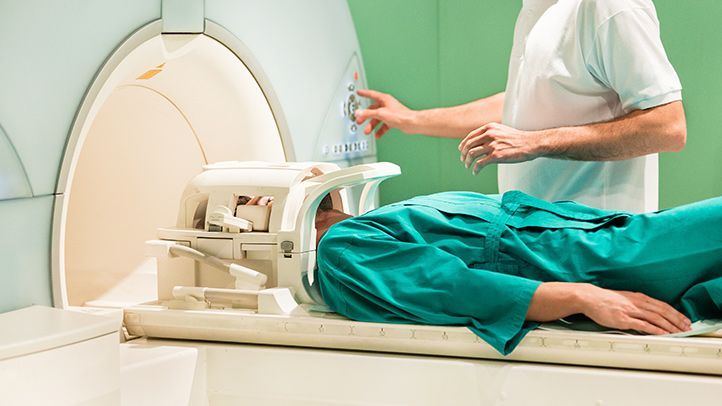
Schizophrenia is a severe mental disorder characterised by altered thinking and perception of reality and behaviour. Patients may lose touch with reality (psychosis), experience hallucinations and delusions (false beliefs), have abnormal thoughts and have problems with social and occupational functioning.
Etymologically it means “split mind”. With this term, we wanted to underline the alterations in thinking that people who suffer from it presently.
Prevalence
Schizophrenia affects approximately 1% of the population, and the first symptoms usually appear in adolescence or during youth. It is more frequent in men -who also tend to develop it earlier- than in women. The World Health Organization (WHO) estimates it affects more than 21 million people worldwide.
Causes
The origin of this psychological disorder is not known with certainty. However, there is increasing evidence that a combination of genetic, neurobiological, and environmental factors contribute to the development of this disorder.
Alterations in brain development
It has recently become clear that it could be a neurodevelopmental disease since most neurobiological findings (involvement of brain pathways related to glutamate, serotonin, norepinephrine, and acetylcholine) are compatible with alterations in early brain development.
Studies with histopathological techniques and neuroimaging techniques, such as magnetic resonance imaging (MRI), have detected abnormalities in the structure of specific brain regions. Other methods, such as positron emission tomography (PET), have made it possible to observe some alterations in the functioning of the brain of these patients compared to that of healthy people. These findings support the theory that schizophrenia may be caused by disturbances in brain development very early, specifically during embryonic brain development.
genetic predisposition
It is known that the risk of suffering from the disorder is more significant when there is a family history. However, the presence of history is neither necessary nor sufficient; many patients do not present them, and many healthy ones do. This indicates that other non-genetic factors also play an important role in the genesis of the disorder. On the other hand, the genetic alterations involved are still not well understood.
Alterations in brain molecules
It has been observed that various substances in the brain known as neurotransmitters (those responsible for neurons communicating properly) can be unbalanced in schizophrenia. However, studies on these substances are very important for designing increasingly effective drugs.
Pregnancy infections and childbirth complications
It is being studied whether some virus infections that affect the mother during pregnancy may be responsible for alterations in the normal brain development of the fetus and that, over time, end up triggering diseases. On the other hand, this disorder has been related to complications during childbirth ( trauma, cerebral anoxia ).
Consumption of toxic substances
Different studies have confirmed the risk of schizophrenia associated with cannabis use, but much remains to be studied. What seems clear is that consuming this drug during adolescence increases the risk of schizophrenia in predisposed individuals.
Symptoms
The symptoms of schizophrenia are divided into two large groups:
The positives consist of those abnormal manifestations that patients experience, such as seeing things that do not exist (hallucinations) or thinking that things are happening that are not true (delusions).
The negative ones are those manifestations that suggest that they are related to alterations in the ability to think, feel or do things normally. For example, stop speaking fluently, be interested in things or people, get up daily to work, etc.
With time and proper treatment, many of these symptoms end up remitting.
The most common symptoms of this disease are:
Delusions: Misconceptions of which the patient is convinced, for example, believing that everyone is against or trying to harm him.
Hallucinations: Perceiving something that is not there, for example, voices (that insult or talk about him) or seeing objects or faces that are not there.
Thought disorders: most of the time patient’s language becomes incomprehensible and fluent.
Altered self-perception: The person feels that his body is changing. He sees himself as someone strange. Patients may say they do not recognise themselves when looking in the mirror. The boundaries between oneself and others are unclear.
Deterioration of emotions: The affectivity is getting poorer. Patients are expressionless and behave coldly towards others.
Isolation: Patients withdraw into themselves and their inner world. It often manifests in the patient staying locked in her room and avoiding the company of others.
Prevention
Because its causes are not well understood, it is difficult to prevent schizophrenia. Although genetic factors cannot be modified, behaviours that favour its appearance, such as cannabis use, especially during adolescence, can be avoided.
If the patient follows the treatment prescribed by specialists, the symptoms can be prevented and avoided. However, if he stops treatment, many symptoms are likely to reappear.
 Living With Healthy Hunger Health Blog
Living With Healthy Hunger Health Blog

